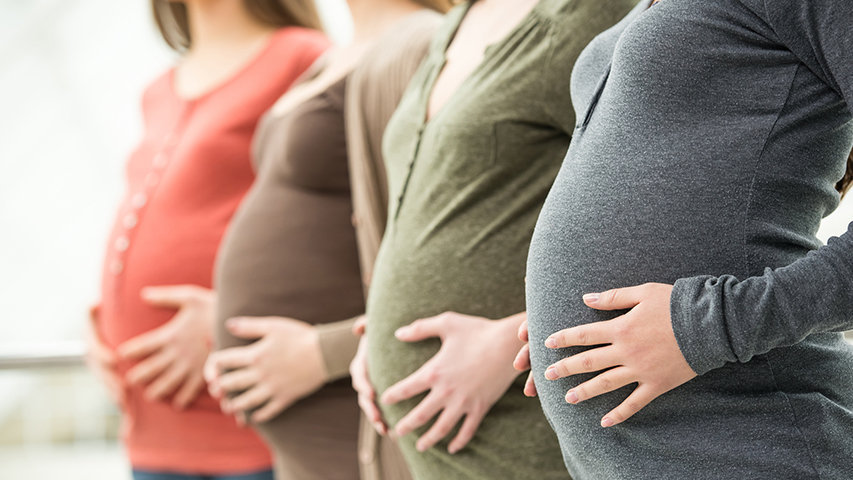
Pre-conception Health of Fathers Does Matters
by Yash Saboo May 15 2018, 2:08 pm Estimated Reading Time: 2 mins, 40 secsThere's no doubt that there's a lot to be concerned about for people who are trying to conceive. Even though pregnant women and women who are trying to conceive often receive the majority of unwarranted health tips from friends and family, it turns out that a dad's health matters to the baby, too.
According to new research published in The Lancet, a dad's health prior to conception can affect their baby's health. Therefore, experts believe that we need to bring dads into the conversation more when it comes to preparing for pregnancy, birth and fatherhood.
The three papers analysed how the health of parents-to-be — both females and males — before they even conceive a child can have an effect on the health of their children. The data showed that the health of fathers can influence a pregnancy and a baby and impact things like birth weight and brain development, according to CNN.

Source : Ravishly
In one of the papers, ‘Origins of lifetime health around the time of conception: causes and consequences’, researchers concluded that both "poor maternal and paternal physiology, body composition, metabolism and diet" can impact offspring "with consequences persisting into adulthood". One of the key findings is that paternal lifestyle — and not just the lifestyle and health of the mother, which are often the main focus of public concern — can influence the long-term health of a child before they're even conceived.
The first paper highlights pre-conception. "Certainly, the last three to six months before you attempt to conceive really need to be focused on improving or making sure you maintain quality health", said Dr Haywood Brown, Professor of obstetrics and gynaecology at the Duke University School of Medicine.
The definition of pre-conception is redefined according to three perspectives: biological, individual and public health. Based on the biological perspective, the pre-conception period would be defined as the days to weeks before an embryo develops; but from the individual perspective, the pre-conception period would begin as soon as a couple has a conscious intention to conceive, typically weeks to months before pregnancy occurs.
Based on the public perspective, the pre-conception period would encompass the months or years it takes to address pre-conception risk factors related to diet, lifestyle and chronic diseases such as obesity or diabetes. For example, "men who are obese have a higher chance of having decreased sperm count," Brown said.
For The Lancet series, researchers reviewed studies in human and animal models. Researchers seemed to mostly look at studies of mice to draw some of their conclusions and admitted that whether the impact of poor paternal diet on the development and wellbeing of his offspring is equally important to that of poor maternal diet is still unknown. The conclusions were also based partly on two analyses of women of reproductive age — from 18 to 42 — in Britain and Australia, according to CTV.
The research doesn't stop here. More research is definitely necessary. Researchers wrote in one of the papers that studies that look at "concurrent paternal and maternal interventions on shared offspring outcomes" are necessary, and that we also need further studies on how parental diet and lifestyles impact offspring and pre-conception in the long-term.




-173X130.jpg)
-173X130.jpg)
-173X130.jpg)
-173X130.jpg)
-173X130.jpg)
-173X130.jpg)

-173X130.jpg)